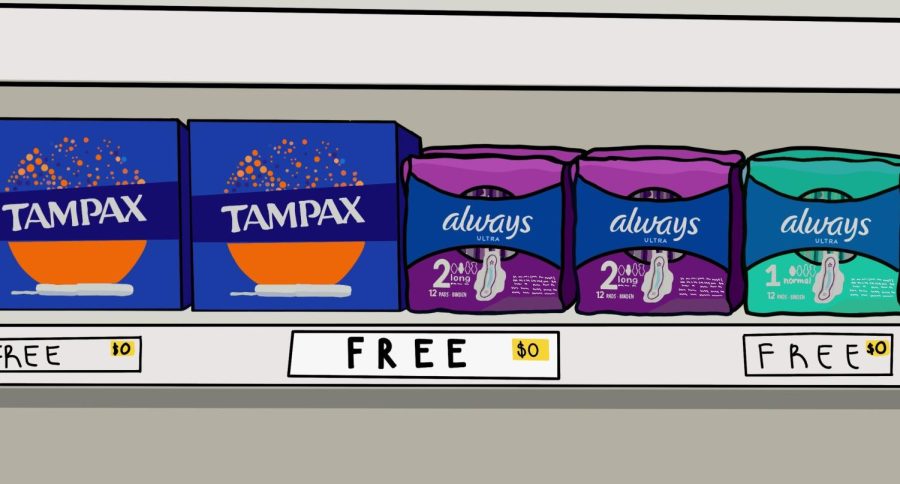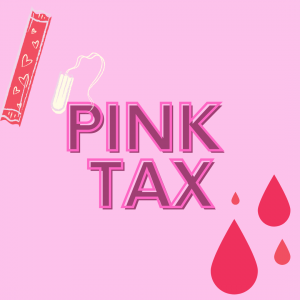Scotland Makes Period Products Free: A Step in the Right Direction
After about two years of debate, Scotland’s parliament authorized a landmark piece of legislation to make menstrual products free. The country has officially become the first to do so, which represents a huge stride forward in the fight to end period poverty and aid those in need. Indeed, Scots are finally able to get the products they need without having to worry about the cost. Nevertheless, proper hygiene should not continue to be a privilege in other countries; it should be a right for all.
Scotland’s parliament began discussions on this landmark legislation in 2020. At that time, period products were already available without cost in schools, universities and other public buildings. Seeing the effect this had in Scotland, people protested to make them fully free and accessible to all.
For Scots to find period products nearest to them, the PickupMyPeriod app was created, allowing women to enter their postal code to find pads and tampons in their area and even have their items shipped to their houses. The accessibility of feminine hygiene products is an issue that might seem small to many, but this progress in Scottish society is monumental and will hopefully be transmitted to American society.
The period tax, also known as the tampon tax, is a significant issue in many countries including the United States. This phenomenon occurs when menstrual products are taxed higher because they are seen as non-essential items. The sad reality of this situation is that women are being discriminated against since there is no similar taxation on the functions of men’s bodies.
“Scotland putting together period products is an alleviation for many women, and I presume the U.S. should join in, not just only for me but for the millions of ladies out there,” sophomore Hazel Perez said.
Providing pads, tampons and other crucial products for free is a necessity for people who are not able to afford them. In many countries, including the U.S., menstrual products are far from inexpensive, leading to period poverty. People who experience a heavy cycle go through three to six pads a day which is about a box a period. Although seven dollars a box may not seem like a lot, the prices add up over time.
The fact of the matter is that people with a low income cannot add pads and tampons to their list of priorities. During these stressful times, when people have to think about rent and putting food on the table, period products may not fit into the budget. On average, people spend $4,752 on pads alone in their lifetime, excluding the cost of painkillers, pantyliners and heating pads. This obstacle and the intense stigma towards women and people who get periods around the world is sickening, and we need to do our best to create meaningful change.
“They are unnecessarily expensive, especially when you take into account the fact that girls did not ask to be put in the situation of buying these products,” sophomore Kassandra Mesa said.
Although period products are not completely free in the U.S., they are slowly becoming more attainable in schools in some states. Nevertheless, all countries should learn from the positive change Scotland is fostering in making period products more accessible to be on the right side of history. The steps we are taking as a community are admirable, but we must keep on pushing for personal hygiene to become a right, not a privilege.
Your donation will support the student journalists of Coral Gables Senior High School. Your contribution will help us cover our annual website hosting costs.

Emma Rivera aims to make the most of her junior year. Rivera joined Gables as part of the Academy of Finance due to her interest in business. Fascinated...









